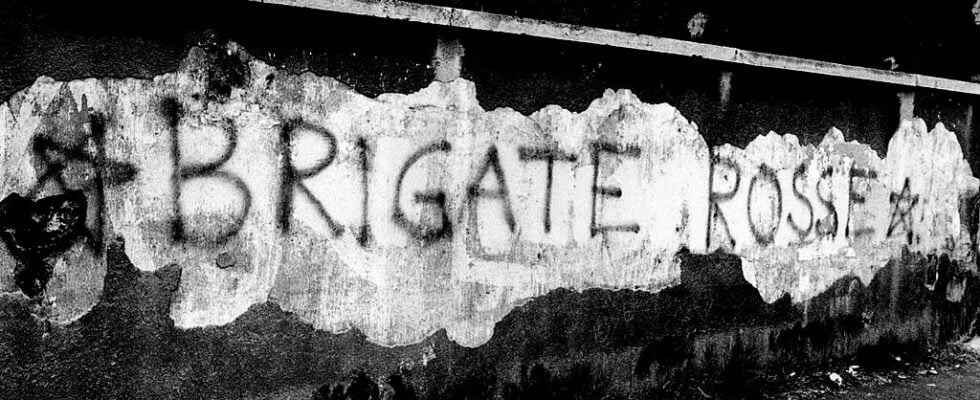The Italian government requests their extradition. They are new and are either former far-left activists or former members of the Red Brigades. French justice rules this Wednesday, January 12 on their fate. She has requested a large amount of documents from the Italian Justice Ministry in recent months.
Narciso Manenti, 63, from Telgate, was sentenced to life imprisonment in Italy for the murder of rifleman Giuseppe Gurrieri on March 13, 1979 in Città Alta.
Narciso Manenti had lived in France ever since. He was arrested on April 28 as part of an operation on French soil against former militants of the Red Brigades. Seven were arrested that day, two more self-presented to the police. Narciso Manenti was then released under police surveillance with the others.
Giovanni Allemonti, Luigi Bergamin, Giorgio Pietrostefani, Raffaele Ventura, Marina petrella, Roberta Cappelli, Sergio Tornaghi, Narciso Manenti, Enzo Calvitti are between 63 and 71 years old. Some face life imprisonment in Italy.
► Read also: France: seven former members of the Italian Red Brigades arrested
The Italian government had requested their extradition for implication in terrorist killings committed during the “Years of lead” from the 60s to the 80s, a period marked by terrorism, of the extreme left and the extreme right. In this climate of great violence, Italy lived under a regime of almost exception, sentences were sometimes hasty and torture widespread. More than 300 people had fled to France at the time.
“The Mitterrand doctrine”
The question of their extradition has always poisoned Franco-Italian relations. At the end of April the Italian Prime Minister Mario Draghi welcomed the change of position of France which until then had contented itself with applying “the Mitterrand doctrine”, that is to say the refusal to extradite these individuals. who had come to take refuge in France and who had chosen to abandon the armed struggle, except those who had committed blood crimes. Since 1981, only two extradition decrees have been signed under the presidency of Jacques Chirac: for Paolo persichetti who will be extradited to Italy in 2002, and Cesare Battisti.
President Emmanuel Macron has indeed expressed a new position. ” France, itself affected by terrorism, understands the absolute need for justice for victims. It is also, through this transmission, part of the urgent need to build a Europe of Justice, in which mutual trust must be at the center. “.
The investigative chamber of the Paris Court of Appeal must rule on this Italian extradition request. The wounds of this period have never been healed in Italy and the families of the victims are still waiting for justice to be done; the lawyers of the defendants believe that a work of memory and of the wider truth must be undertaken in the country.
